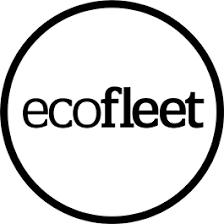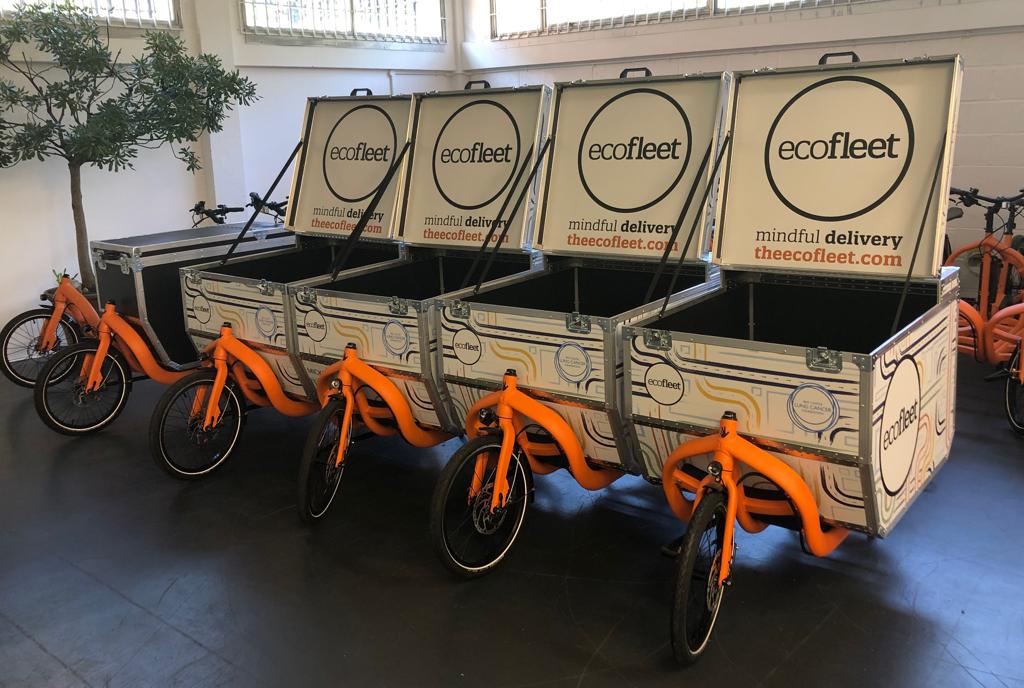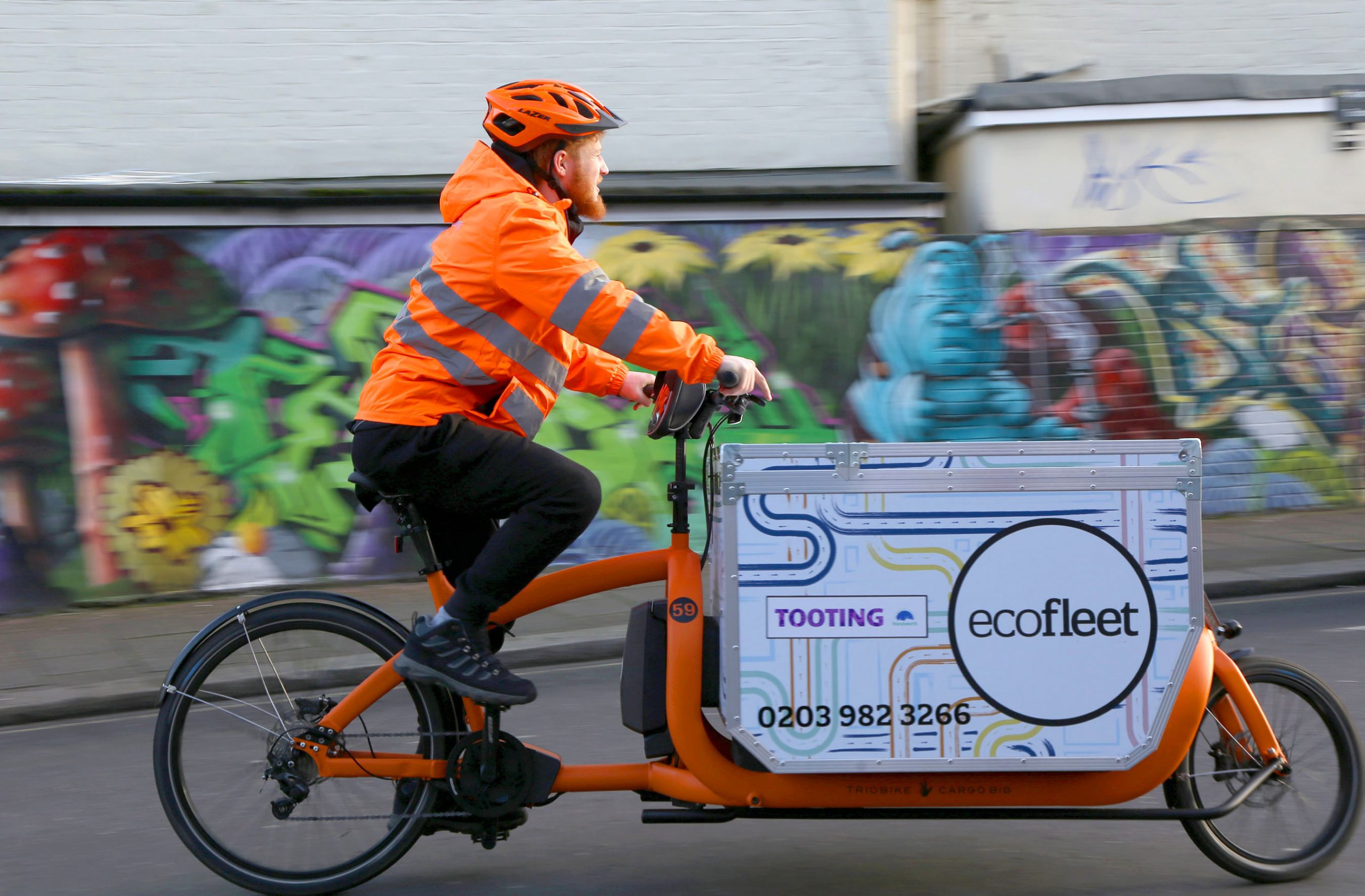Ecofleet is a London-based start-up who provide efficient delivery services that beat the traffic, reduce pollution and cut the number of cars and vans on the road. Founded in 2019, the company currently operates 20 large ecargo bikes, with seven full-time riders and four part-time riders. Typically, the ecargo bikes pick up goods such as wine, cheese, gift baskets and subscription boxes from clients and deliver them to their client’s customers in multi-drop deliveries.
Ecofleet also offer white-label (client branded) delivery services and same-day delivery, which is popular with plumbers and builders for delivering building supplies and spare parts quickly.


